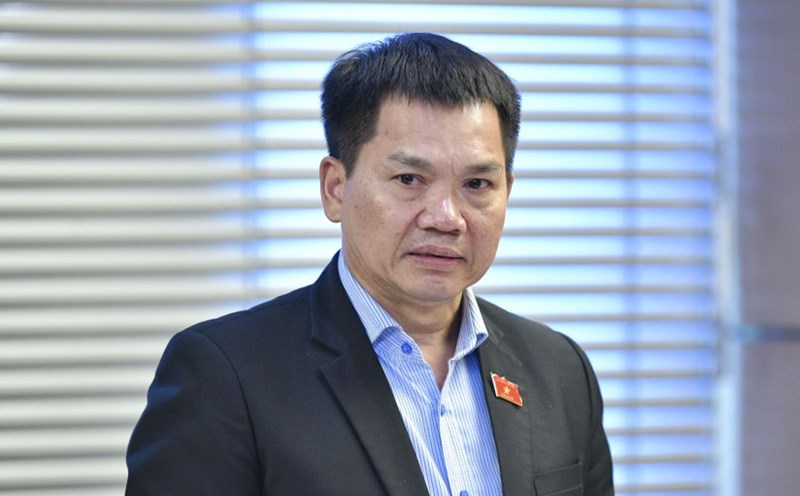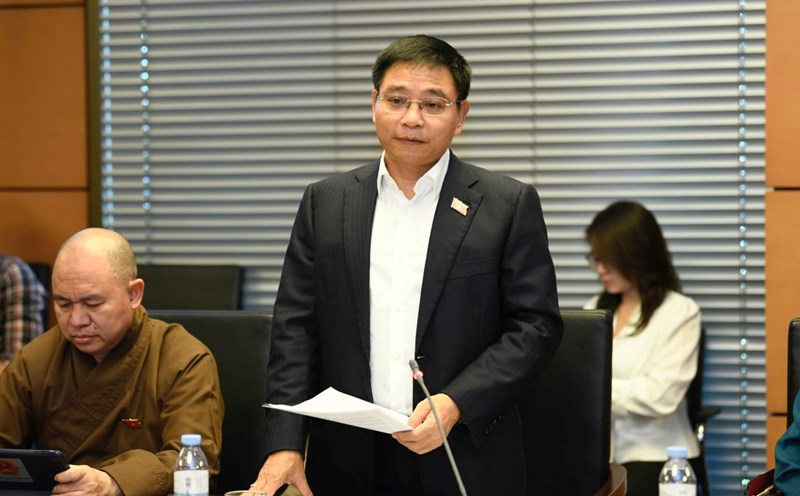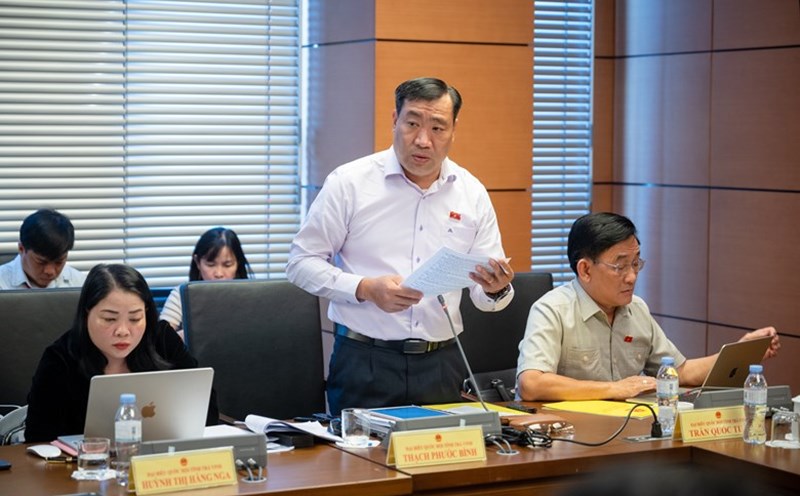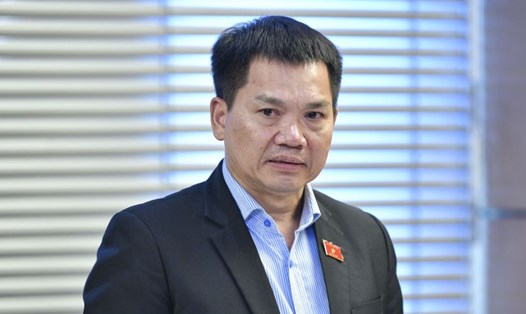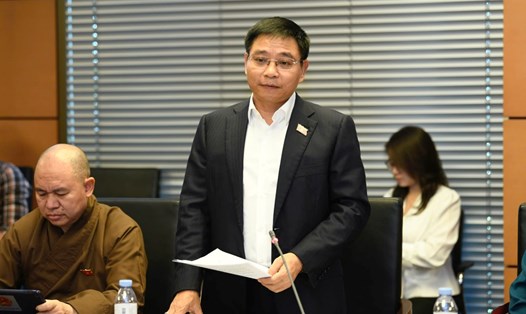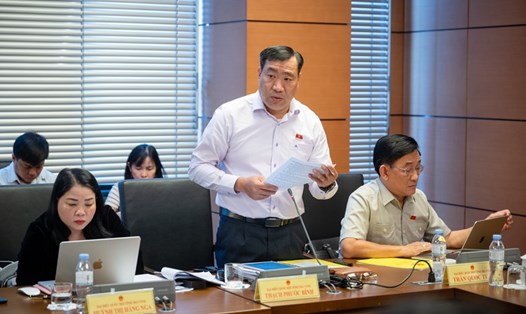On the afternoon of November 20, the National Assembly discussed the investment policy for the North-South high-speed railway project.
Speaking, delegate Ta Van Ha (Quang Nam delegation) agreed with the project investment policy with the spirit of doing, not retreating. This is the trend of national development, a preparation step, a strategic breakthrough for our country to enter a new era, an era of development.
Regarding the overall planning, delegates suggested a harmonious balance between the types of transport: railway, air, water and road. Because currently, there are areas and strips of the Central region where almost every province has an airport.
According to the delegate, when building the North-South high-speed railway, it is necessary to calculate the exploitation of airports, roads and waterways so that there is no waste.
Regarding the ability to balance capital sources, the delegate said that the project is set within the overall goal of becoming a modern industrialized country with an upper middle income by 2030. With the remaining 6 years, the ability to balance capital sources to both develop the economy and society, key projects, and national target programs is a difficult problem.
The delegate emphasized the need for a truly effective implementation and exploitation plan from the stage of selecting technology to appropriate divergence. In particular, it is necessary to pay attention to the implementation organization stage to avoid capital increase and future losses; avoid large investments but ineffective exploitation, having to spend money to compensate for losses.
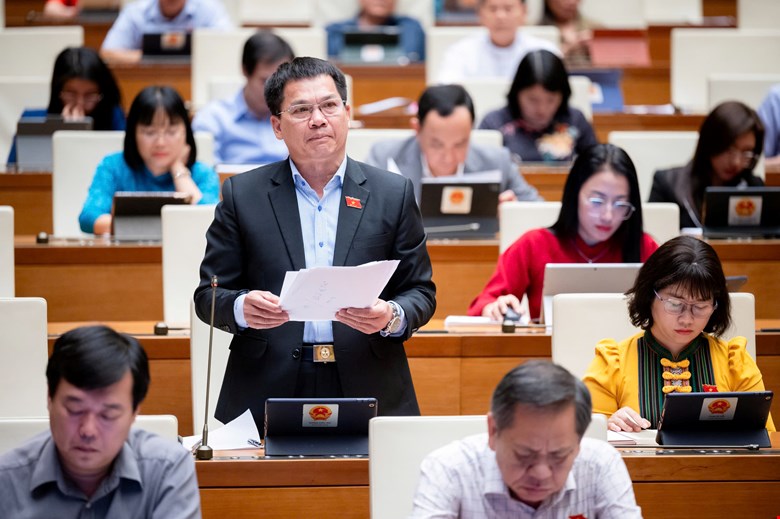
Delegate Duong Khac Mai (Dak Nong Delegation) requested the Government to provide more information on the ability to arrange and balance capital needs for the project to assess the state budget's ability to pay and the economy's endurance.
According to the Dak Nong delegation, the state budget still has many expenses, in addition to development expenses, there are also regular expenses, annual expenses according to medium-term plans, and expenses according to programs and projects.
Regarding implementation progress, delegates cited that urban railway routes have encountered many difficulties in recent times, leading to increased capital, causing completion time to be extended compared to the initially approved level.
Important national projects in recent times have also shown that, despite the application of specific policies on material mines and site clearance compensation, the supply of raw materials is still lacking, site clearance is slow, and does not meet the project's construction progress.
Therefore, delegates suggested that the Government should carefully study and evaluate each specific issue to find effective solutions to overcome these shortcomings in order to complete the project on schedule.
Regarding investment attraction, delegates suggested focusing on attracting domestic private investment. This would both help businesses have the opportunity to grow and develop, and also to receive and transfer foreign technology, maximize localization, and reduce dependence on foreign countries.
According to the delegate, the project is 100% public investment but that does not mean the State does all the work. The State places orders with capable private investors in related industries.
In addition, we should attract private enterprises to invest in building stations and other supporting services because they do very well. This has been done in the fields of aviation, road and waterway.
In mobilizing investment resources for the project, delegates suggested that it is necessary to consider mobilizing people's strength because the resources within the people are very large. If bonds are issued with an attractive enough interest rate, people will be willing to buy. If the budget is not enough, then borrow, but borrowing from the people is better than borrowing from abroad because the people will enjoy the profits. More importantly, it is also to arouse national pride to contribute to national projects.

